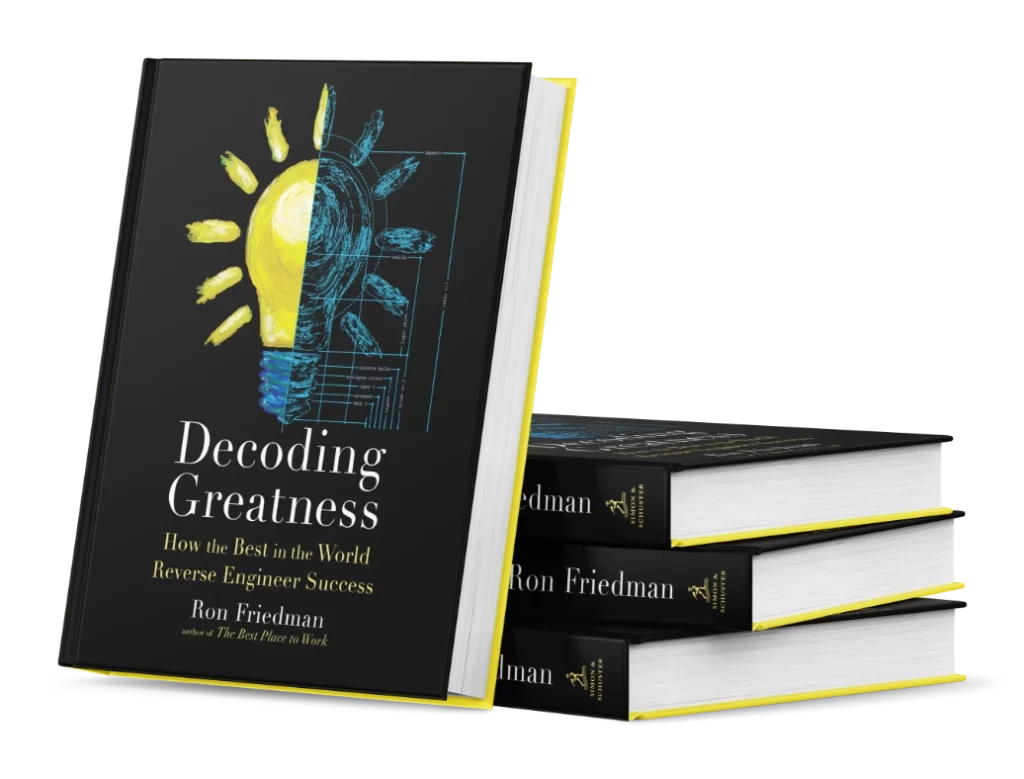“If you can’t measure it, you can’t manage it.”
— not Peter Drucker or Dr. W Edwards Deming
An interesting axiom, and one that has often been misattributed. Regardless of who originally said these words, as a highly analytical thinker, I still find power in their meaning.
To me, at its most basic level, this means that we should track our progress to find success.
Much of my perspective here ladders into the same thought process behind “The OC” calendar that guides my life.
As an inherently forgetful person, over the years, I’ve gotten into the habit of writing everything down that I deem important. Or, more accurately, I store everything in my own personal online database (aka a Google Drive) that’s hyperlinked and interconnected to The OC, my glorified “To-Do List”.
My move towards better organizational processes led me to create better systems in general, and, ultimately, that inspired me to start tracking my actions and activities both in business and life.
The Scoreboard Principle
In a recent interview with Paula Pant of the Afford Anything podcast, Dr Ron Friedman discusses the power of tracking key activities in his recent book Decoding Greatness.

In the episode and in the book, Friedman discusses what he’s deemed “The Scoreboard Principle” which simply states that measurement begets improvement. He put the “if you can’t measure it, you can’t manage it” philosophy to the test, and through research, concluded that keeping track of your performance does, in fact, lead to improvement.
For example, he shares that simply tracking the amount of water you drink each day will lead you to drink more water.
This specific example is something that I’d quietly been trying to work on for the better part of the last decade and something that after reading Jim Kwik’s Limitless last Summer, I’d been focusing on more intently.
Prior to Limitless, I’d been drinking around 20 ounces of water per day, and following that book, I’d double that to about 40 ounces, but could never seem to push past that.

The first day in taking Friedman’s cue and tracking this in a spreadsheet, I was at 80 ounces and have barely dipped below 60 since.
This stuff actually works, people!
Uninterrupted Minutes
Friedman also references the idea of tracking “uninterrupted minutes” of work, and this really struck a chord.
As the leader of a startup, an active rental property investor, and a full-time W-2 employee, I am essentially trying to fit 3x full workdays into 1. Anything I can do to maximize productivity is crucial.
Following my second run-through of Tim Ferriss’ The Four Hour Workweek, I began outsourcing a bunch of my more menial, repeatable tasks to freelancers and virtual assistants. This was a huge boon to my productivity in and of itself, but still didn’t address the issue I had in squeezing more action per minute of my personal work time.
Pushing myself into more frequent flow states was a goal, for sure, but one that was easier said than done. Distractions are all around us and eliminating them is no small feat. A pop-up Instagram notification can easily turn into 10 minutes of doomscrolling.
After adding a column into my tracker for “UIMs” or “uninterrupted minutes”, suddenly the Instagram noose tugged a little less. It’s not that I never go on Instagram during the workday, but as Friedman states “knowing that you have to report that on a timesheet makes you more mindful about that decision, and you’re now less likely to do it.”
“So [you’re now making more] thoughtful choices and more thoughtful decision-making; it also exposes wasted effort.” says Friedman. “Anytime your score goes up or goes down, it provides an emotional jolt, and now you are gamifying your day to day work. If you want to improve at anything, the first step is to create that scoreboard.”
My Personal Trackable Metrics
For me, the big ones are:
- Exercise (typically 3 to 4 weekdays at 5:30a and Sunday afternoons)
- Ice cold showers (stolen from Jim Kwik; weekdays only. I LOVE this one)
- Meditation (15 mins per day, weekday mornings)
- Reading (30 mins per day, weekday mornings)
- Bottles of water (80 oz on weekdays, 40 to 60 oz on weekends)
- Uninterrupted minutes of work (I have a stopwatch on my desk that’s always running. Every time it hits 60 mins, I track it. Every time I find myself on Instagram or doing something non-work related, I reset it back to 0.)
When it comes to work, Friedman suggests tracking all the small things that ladder up to your bigger KPIs and goals. Beyond improving your own output, as you begin working on your business instead of working in your business, these tracked metrics will provide a framework to hold everything else together.
Track Progress to Find Success in Your Own Life
So, now that you’re in the mindset of “track progress to find success,” it’s time to think about your own life; both work and personal. Think about what’s important for you to accomplish during your day.
What stats will you toss up on your own scoreboard?
Share in the comments or Tweet me with your suggestions.


Leave a Reply